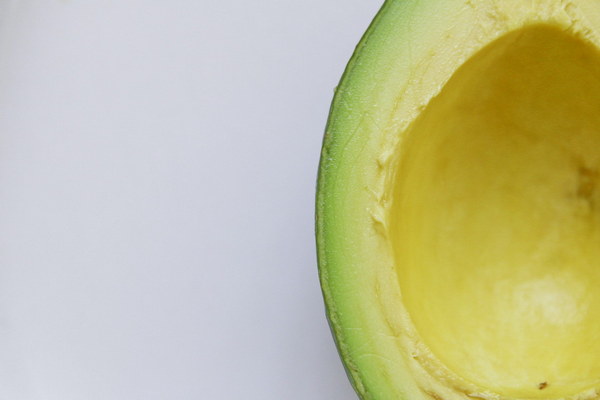Effective Strategies for Body Restoration in Elderly Patients with Pneumonia
Introduction:
Pneumonia is a common respiratory infection that can be particularly dangerous for elderly individuals. The immune system of older adults tends to weaken, making them more susceptible to infections, including pneumonia. It is crucial to take proper care of the body to ensure a quick and effective recovery. This article outlines various strategies to help elderly patients with pneumonia restore their body's strength and health.
1. Rest:
The first and most important step in the recovery process is to ensure adequate rest. Elderly individuals with pneumonia should prioritize getting plenty of sleep to allow their bodies to fight off the infection. Encourage them to take short breaks throughout the day to rest and recover.
2. Hydration:
Proper hydration is essential for the body's healing process. Older adults with pneumonia should drink plenty of fluids, such as water, herbal teas, or broths. Adequate hydration helps thin the mucus, making it easier to cough up and reduce the risk of further complications.
3. Balanced Diet:
A well-balanced diet provides the necessary nutrients for the body's recovery. Encourage elderly patients to consume a variety of fruits, vegetables, whole grains, lean proteins, and healthy fats. Foods rich in vitamin C, vitamin D, and antioxidants can strengthen the immune system and aid in the healing process.
4. Medication:
Following the prescribed medication regimen is crucial for treating pneumonia. Elderly patients should take antibiotics, pain relievers, or other medications as directed by their healthcare provider. Ensure that they understand the importance of completing the full course of antibiotics, even if they start feeling better before the course is finished.

5. Breathing Exercises:
Breathing exercises can help improve lung function and reduce shortness of breath. Encourage elderly patients to practice deep breathing, pursed-lip breathing, or other exercises recommended by their healthcare provider. These exercises can also help with coughing and expelling mucus from the lungs.
6. Oxygen Therapy:
In some cases, elderly patients with severe pneumonia may require oxygen therapy. Oxygen therapy helps improve oxygen levels in the blood, which can aid in recovery. Make sure the patient follows the instructions provided by their healthcare provider and uses the oxygen therapy equipment as directed.
7. Temperature Control:
Keep the living environment cool and comfortable. High temperatures can exacerbate symptoms and make breathing more difficult. Dress warmly if necessary and ensure that the patient stays hydrated to avoid overheating.
8. Monitoring Symptoms:
Regularly monitor the patient's symptoms, such as cough, fever, and shortness of breath. If symptoms worsen or new symptoms arise, contact the healthcare provider immediately. Prompt medical attention can prevent complications and ensure a more comfortable recovery.
9. Emotional Support:
Elderly patients with pneumonia may experience increased stress and anxiety. Encourage them to express their feelings and provide emotional support. Consider involving family members, friends, or support groups to help the patient stay positive and motivated during the recovery process.
Conclusion:
Recovery from pneumonia in elderly individuals requires a comprehensive approach that addresses physical, nutritional, and emotional needs. By following these strategies, caregivers can help their loved ones restore their body's strength and health, ensuring a smoother and more comfortable recovery process. Always consult with healthcare providers for personalized advice and support tailored to the specific needs of each patient.









